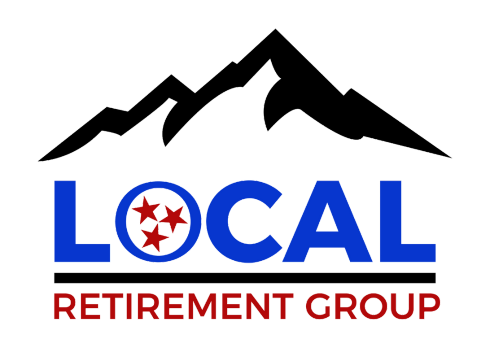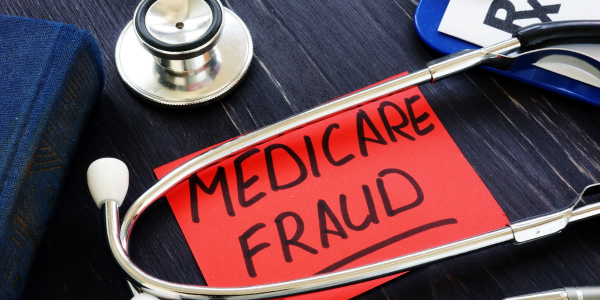Common Mistakes When Buying Home Insurance

One important step toward home ownership is getting home insurance. In most states, you can own a home without insurance, but banks and lenders include homeowners insurance in their minimum requirements. You need to carry enough insurance that covers the amount of your mortgage loan.
Although more people are becoming aware of the importance of home insurance, many still make mistakes when buying a policy. As a result, they risk being underinsured and getting insufficient protection.
Investing in the right insurance coverage is your responsibility as a homeowner. Read this blog to avoid making these home insurance mistakes and blunders.
Only Focusing on the Price
One of the biggest mistakes people make when buying home insurance is solely focusing on the price. Purchasing the cheapest policy isn’t necessarily the best one.
According to Forbes Advisor’s analysis, homeowners insurance costs $1,582 per year for $350,000 in dwelling coverage. Anything lower than this amount won’t be enough to cover repair costs. Having below-average premiums can lower coverage limits, which results in insufficient coverage in the event of a major loss.
Not Reviewing the Exclusions
Most insurance policies are personalized, which means they are tailored to suit the policyholder’s specific needs and circumstances. While the basic coverage components are similar, the coverage limits can differ depending on your location and the condition of the property. Many homeowners just skim through their policies without understanding the coverage limits and exclusions.
Overlooking policy exclusions can lead to misunderstandings about what is covered and what’s not. Take the time to understand the exclusions to avoid any surprises when filing a claim. If there are terms you don't understand, you may reach out to your insurance agent for advice.
Assuming That Flood Damage Is Included
Water damage caused by flooding is not typically covered by standard homeowners insurance. Simply put, flood damage is pretty common and too much risk for insurers to take on. If you live in a high-risk flood zone, you’ll need a separate flood insurance policy on top of your existing policy. We recommend buying separate flood coverage to protect your property and contents against flooding and storm surges.
Choosing Actual Cash Value Over Replacement Cost Value
Some people find it hard to differentiate between actual cash value and replacement costs. Actual cash value pays what your possessions are worth at the time of the loss. Instead of replacing the item, it simply reimburses you for the item's depreciated value. This means you won’t be reimbursed for the cost you originally paid.
On the other hand, replacement cost value will pay to replace the stolen or damaged item. Let’s say your television gets stolen, your insurance provider will reimburse you 100% when you replace your TV with a similar model.
Now that you know the difference between the two—picking actual cash value over replacement cost value is a huge mistake. Actual cash value may be more affordable, but it does not provide sufficient coverage. Opting for replacement cost value gives you comprehensive protection and peace of mind.
Not Getting Multiple Quotes
Regardless of if you’re buying home insurance or health insurance, it's important to shop around. Avoid choosing the first provider you come across. If you want to get the best deal, compare quotes from two to three providers. As you shop around, make sure you compare coverage amounts, premiums, and deductibles. When you don’t compare multiple insurers, you may miss out on more competitive rates.
Setting Your Deductible Incorrectly
Your deductible is the amount you pay out-of-pocket before your policy kicks in. The deductible amount is very important when purchasing home insurance. Setting the deductible either too high or too low will likely backfire. If you set your deductible too low, you’ll end up paying more premiums. On the contrary, raising your deductible means you can foot the bill for future losses.
Before setting your insurance deductible, do the math according to your financial situation and risk tolerance. As a rule of thumb, your deductible should be set at least $1,000.
Conclusion
The world of insurance can be complicated, but Local Retirement Group can help you navigate the process. All our insurance agents are qualified and trained to deliver you the best service. We offer unbiased advice and work solely in your best interest. For more information about insurance products, feel free to reach out to us today!










